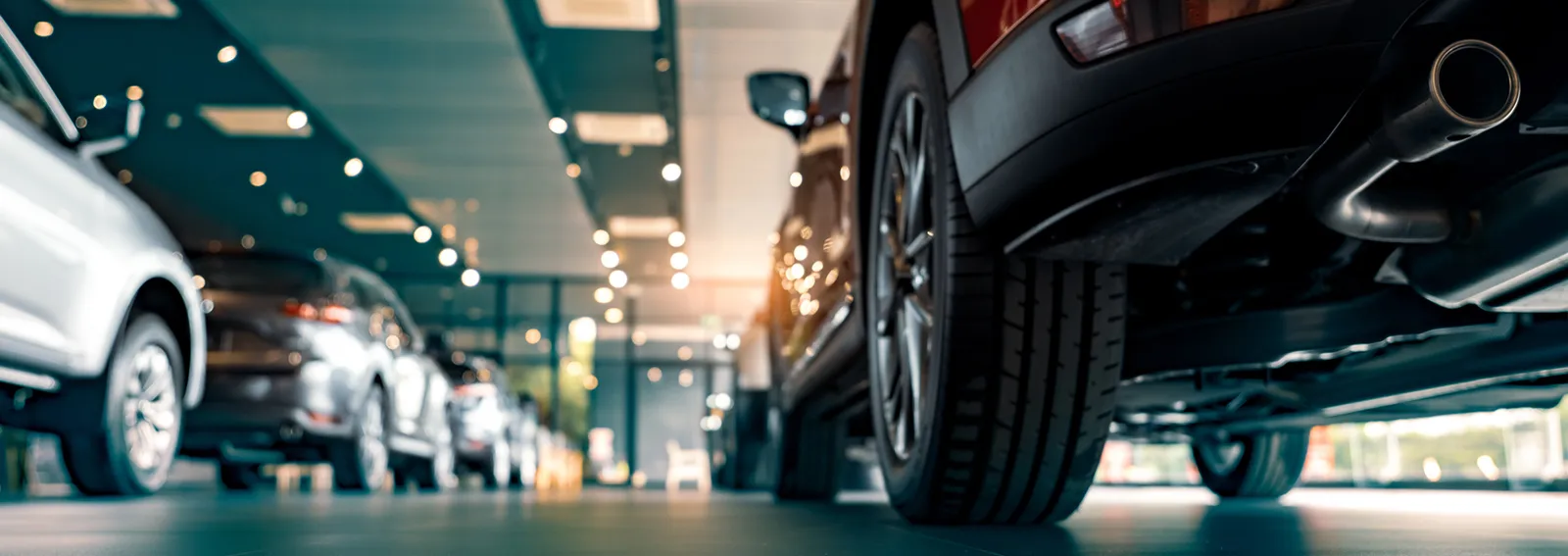You own a small- to mid-sized dealership, your name hangs over the door, and you’re starting to think about retirement. Your transition out of the dealership could be smooth or rocky, depending on the decisions you make now, and how early you started the process of succession planning. Consider, for example, how you would handle an unsolicited approach from a third party buyer — would you know what the right number would be, how you would explain and discuss it with family, how it would impact you personally long term?
Your succession plan will play a significant role in determining what becomes of the dealership — in some cases your life’s work. You have the option to pass the dealership to your children, your employees, or a third-party buyer, and each path has its own pros and cons. If your goal is to transition it within your family, the most important thing to keep in mind is balancing financial issues with non-financial issues.
Financial considerations
Like any family business, transitioning your dealership to family members (usually your children) will almost always mean you are getting bought out over time. While a third-party purchaser would just cut you a large cheque for the full price tag of your business, your kids would likely acquire it over the course of a decade or more.
The most common means of passing a dealership to children is through a share freeze or estate freeze. As the dealership owner, you can freeze your ownership shares tax-free at their current value, allowing your family members to accrue any future growth in value while they slowly buy you out.
While a third-party buyer will almost always pay more for your dealership than your next-generation family members, your cash flow needs and preferences in retirement are sometimes just as important as the price tag of the business. Do you prefer to receive a large one-time payment and then stretch it out over many years, or do you prefer to get a regular flow of cash through progressive redemption of the shares?
Also worth noting is the risk of not being bought out in full when being bought out over time. Whether through mismanagement or because of external factors like a recession, if the valuation of your dealership declines after your share freeze, you could face a scenario of not being fully paid.
Finally, keep in mind that under the rules of the lifetime capital gains exemption, you could gain certain tax advantages by passing the dealership within your family or leveraging a family trust.
Non-financial issues
The emotional and relationship side of the transition can be even more important than the financial side. As an over-arching principle, the best way to avoid family conflicts resulting from the family business is to have conversations about succession early, build consensus, and put agreements in writing where needed.
Legacy versus money
Passing your dealership to your kids should ideally be a very proud moment. If the dealership bears your last name, that legacy will continue with you into your retirement. Ask yourself if you trust your children to carry that legacy, and to what degree you want to be involved in decision making after you retire. As important as it is to keep your legacy intact, also acknowledge the dealership industry is evolving, and even if they could, your kids may not run it exactly as you did.
Multiple roles for multiple children
If your children already work in the dealership prior to your exit, they likely have different roles. Not everyone can hold the title of Dealer Principal or president, both logistically and based on their skillsets. Will you create resentment by giving the role of Dealer Principal or president to one child, while the other(s) have different roles? Do all your children have the management prowess to run the business? Do they even want to inherit it? Taking these questions seriously is crucial; answering them will require honest and transparent conversations, possibly with the help of a third-party facilitator.
Dividing assets fairly
In a hypothetical situation where you have three children, but only one works in the dealership, you need to consider whether it’s fair that each receive a third of ownership after you exit the business. Should the child who has put more into the dealership inherit more of it? What would that do to family dynamics? Is “equalizing” through other assets (cash, vacation property, etc.) a possibility? It’s possible the child who has worked there is more invested in the success of the dealership and would therefore want to pour more money back into it, while the other two would prefer to pocket the money themselves. All are issues that need to be managed early via succession planning.
Succession is a family matter
Because succession impacts both you and your loved ones, many of the decisions about your future should be made as a family. A family office practitioner brings the skills and experience you need to have informed and productive discussions with your family about the future of your dealership.




